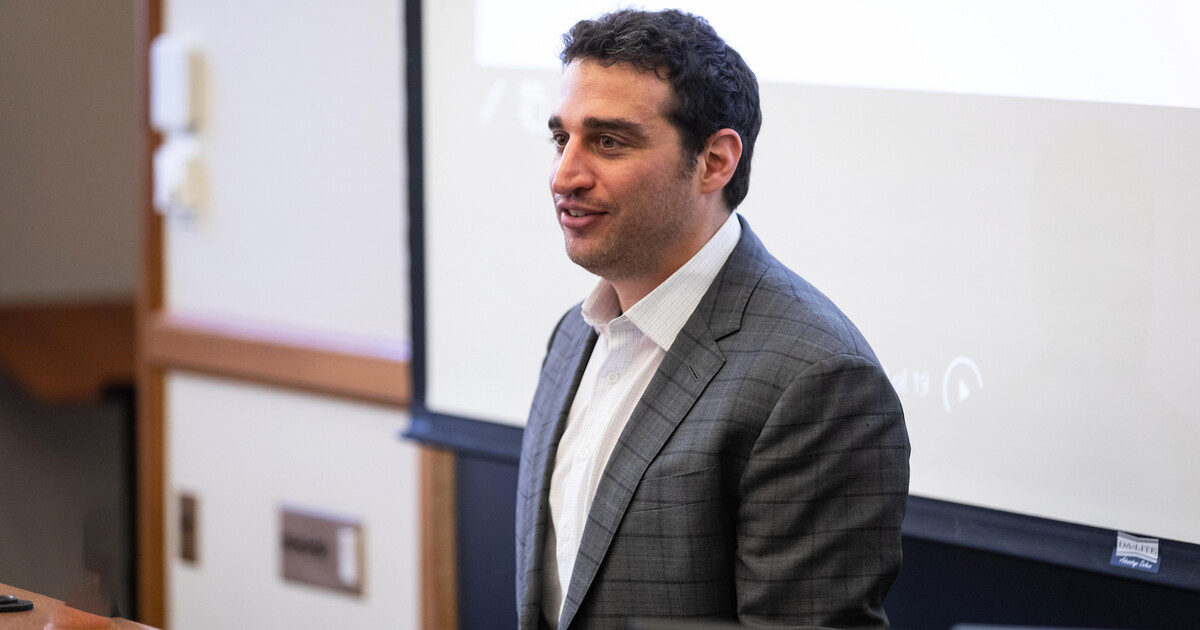
In Ohio, only 13.5% of rape cases reported between 2022 and 2024 were cleared, a stark contrast to the national average of 26.5%, according to an analysis by the Justice Center of the Council of State Governments. This alarming statistic has been underscored by the case of Chelsea Perkins, who was sentenced to 22.5 years in prison for killing a man she accused of rape. Perkins’ story highlights a broader crisis affecting survivors of sexual assault and the systemic failures of the justice system.
Perkins’ Traumatic Journey
Chelsea Perkins experienced profound trauma throughout her life, having been sexually abused four times. One of these incidents involved an accusation against Matthew Dunmire in 2017, which led to no arrest. After enduring years of trauma and feeling let down by the justice system, Perkins ultimately murdered Dunmire at Cuyahoga Valley National Park, shooting him once in the back of the head. Her defense argued that the cumulative effects of her repeated trauma and the absence of justice played a crucial role in her actions.
Unacceptably Low Clearance Rates
The low clearance rates for rape cases in Ohio reveal a significant gap between reported incidents and law enforcement resolutions. The FBI data illustrates the severity of this issue, with only a fraction of cases leading to arrests or resolutions. The implications of these figures are dire, as they contribute to a culture of silence and mistrust surrounding sexual assault.
Experts emphasize that the failure of the legal system to respond adequately creates what is known as a “second trauma” for survivors. Emily Gemar from the Ohio Alliance to End Sexual Violence explains that this compounded trauma exacerbates mental health issues such as anxiety, depression, and PTSD. Mistrust in law enforcement and institutions can further discourage survivors from reporting assaults, as highlighted by a 2019 study from the U.S. Bureau of Justice Statistics, which found that only 25% of sexual assaults were ever reported to police.
Systemic Issues Undermining Justice
The challenges in achieving justice for survivors are rooted in systemic failures. Stefan Turkheimer of the Rape, Abuse and Incest National Network points to the pressing need for better trauma-informed training for police officers and prosecutors. A significant breakdown in the process is the shortage of trained Sexual Assault Nurse Examiners (SANEs). Currently, there are only 51 certified SANE nurses in Ohio, severely compromising the collection of crucial forensic evidence early in cases.
Turkheimer remarked that this shortage means “cases are breaking down before they’re really even starting.” The lack of available resources and training contributes to the low clearance rates and leaves many survivors without the justice they seek, further perpetuating a cycle of trauma and systemic failure.
As awareness of these issues grows, it becomes increasingly vital for stakeholders within the justice system to address these challenges head-on. The stories of survivors like Perkins serve as powerful reminders of the urgent need for reform and a more responsive approach to handling sexual assault cases in Ohio and beyond.







